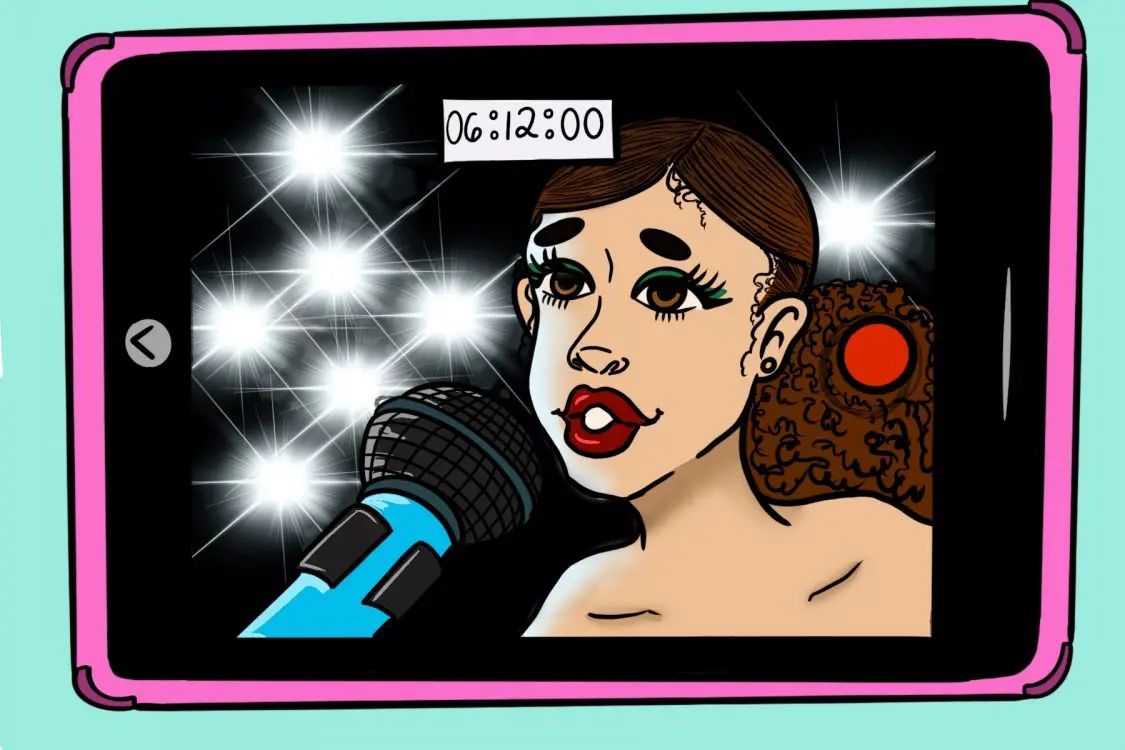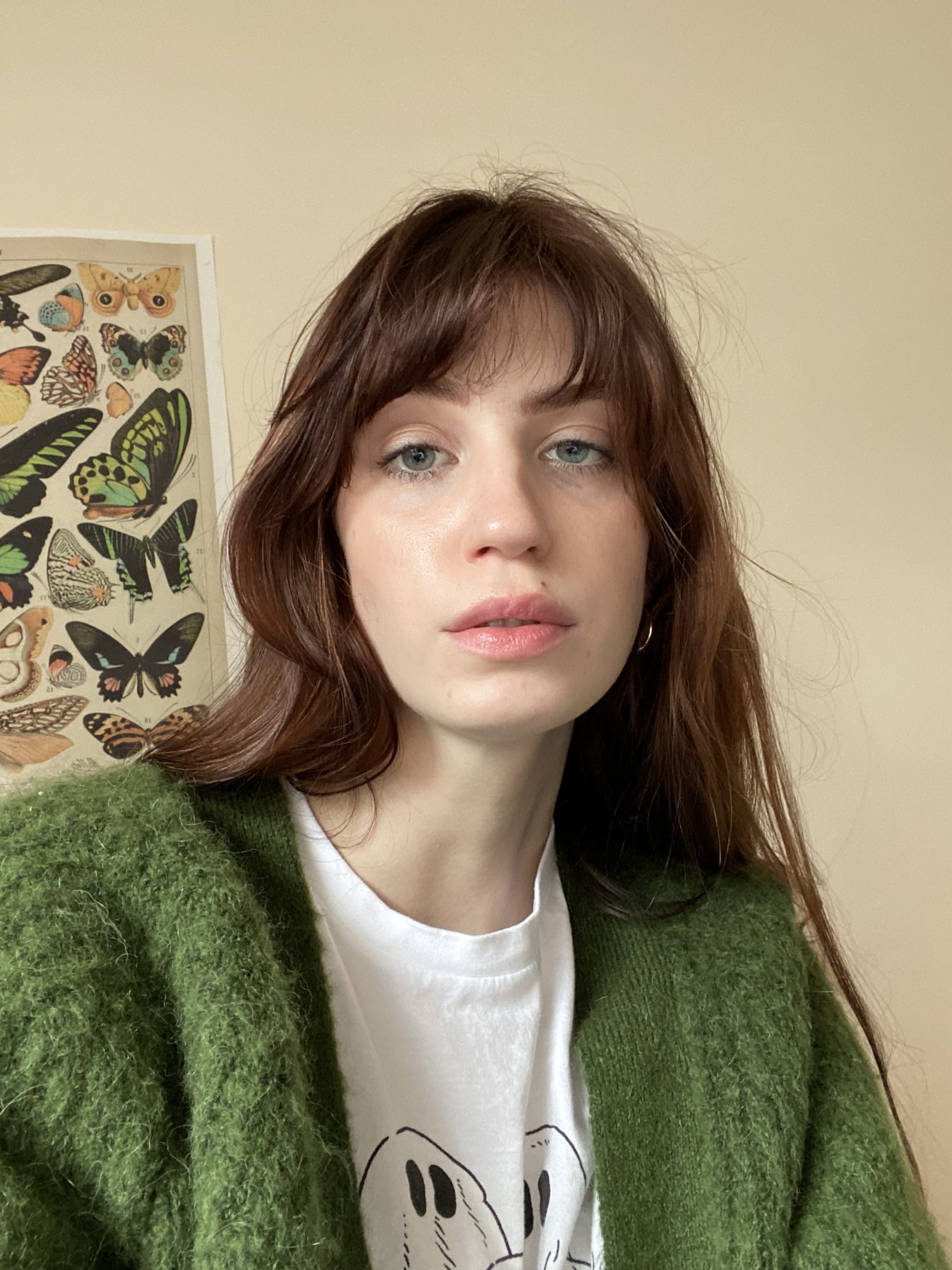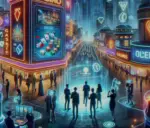When you’re a musician, the last thing you want to face on stage is a sea of red blinking, vacant eyes, catatonic with wonder. You strive to share your passions and your craft — yet instead, you’re met with your warped reflection on a screen. While such a scenario seems unsettling and dystopian, it’s an eerie and shallow reality for many artists in today’s technology-driven world. It has become normal behavior for most concert-goers to record the entirety of the show on their phones, not even lowering them to give applause for the work they’re witnessing right in front of their eyes.
To put it lightly, it’s baffling to see the way human beings in the digital era consume and treat art. The true reason that art exists is to portray the human condition while providing an outlet to express emotion and desire. It seems that in our current society, the only thing that truly matters when it comes to art is taking our fill until we’re left spitting out the bones and coughing up the dust of remains, wiping our hands of it and moving on to something new that will sate our hunger for the next shiny, new thing.
Perhaps the biggest perpetrator of this behavior comes from how we digest music. Handed down from streaming giants, such as Spotify and Apple Music, music has become readily available to anyone, anywhere, at any time. Daily, we’re hand-fed specialized playlists while being able to see what our friends are listening to whenever we want, thus turning even listening to our favorite songs into a social event that needs to be shared. Additionally, at the end of every year, Spotify Wrapped — a personalized report that quantifies users’ listening habits over the past year — is generously gifted to the masses and a worldwide originality contest ensues.
Millions of people share their stats hoping to be the most outlandish and dedicated of listeners, but this aspiration to be the top music lover has some fans going to extremes. Fanbases of major artists — like that of Ariana Grande, Taylor Swift and Olivia Rodrigo — constantly battle over who can earn the most streams for their favorite musician, victory coming in the form of the top slot on the Billboard 100 and the most monthly listeners on the respective apps. This behavior not only turns listening to music into a vapid contest with a meaningless prize but also dilutes the effort and passion that these artists put into their albums. Over the last decade, the consumption of music has transformed it into little more than a commodity, dangerously close to losing artistic meaning altogether.
However, an even bigger problem is how this damaging trend bleeds into concert culture. With music becoming increasingly commodified, it has become an entire business designed to scam fans out of genuine experiences, watering down the meaning of what a concert should be. Ticketmaster and Live Nation scalpers buy out general admission tickets to popular shows and inflate the price of tickets to a revolting degree, making millions of dollars in profit. Not only does this force fans to pay an obscene amount for an otherwise-affordable ticket, but it turns musical artistry into a cog within capitalism and makes the process of trying to see a show into a competition.
For many fans, instead of attending a show to be a part of a unique live experience, they go for the luxury of being in the same vicinity as their favorite artists.
Concerts in the wake of social media are based on witnessing an artist exist instead of taking part in an engaging performance. More recently, it seems that so many people are caught up in trying to desperately capture moments with their phones at concerts, they end up empty-handed instead, losing both the experience and the memories.
Instead of dancing to the music or singing along, the majority of audiences clamber on top of one another to get the best view for their cameras, shoving each other around just to be closer to the stage. Many people do not see the musician in front of them as a performer; they are simply an entity to be consumed and torn apart by the internet until they are nothing at all.
It seems that some musicians are beginning to push back on the presence of technology at their concerts. Major artists — like Beyonce and Bruno Mars — encourage fans to put their phones away at their shows. A more recent example of restricting technology in a concert space came from indie rockstar Mitski after she performed a show this past February in Houston, Texas.
After the concert, she tweeted through her management: “sometimes when I see people filming entire songs or whole sets, it makes me feel as though we are not together,” and “when I’m on stage and look to you, but you are gazing at a screen, it makes me feel as though those of us on stage are being consumed as content.”
While she did not mention any sort of solid ban on phone usage at her concerts, eventually these tweets were deleted from her page because of harsh fan criticism, thus solidifying what it is they truly value in this situation.
By examining such a horrifying example, a dreaded question looms in the air, begging to be asked — when did phones, a minuscule piece of technology, become more important than connecting to the experience of live music? And what is stopping such a sacred practice from being sucked into the void of oblivion?
With all this prior evidence laid bare, it’s hard to know. Technology consistently holds a priority in our everyday lives; the dependency many people have on it can be crippling. So perhaps what’s left of the artistic meaning behind the music will crumble sooner rather than later. Or maybe one day we’ll learn to set our phones down and live in the moment. Until then, we’ll have the glaring glow of our screens to guide us toward that fork in the road.

















